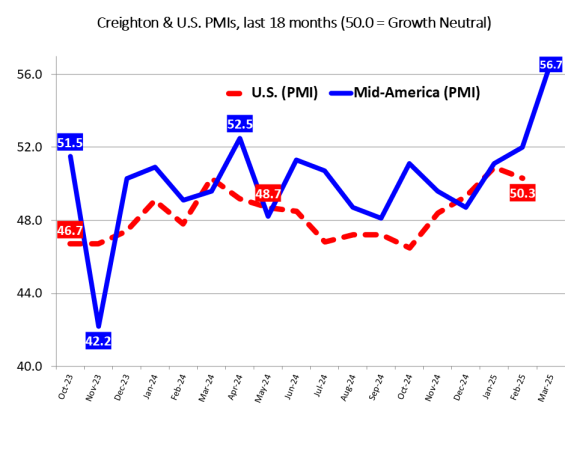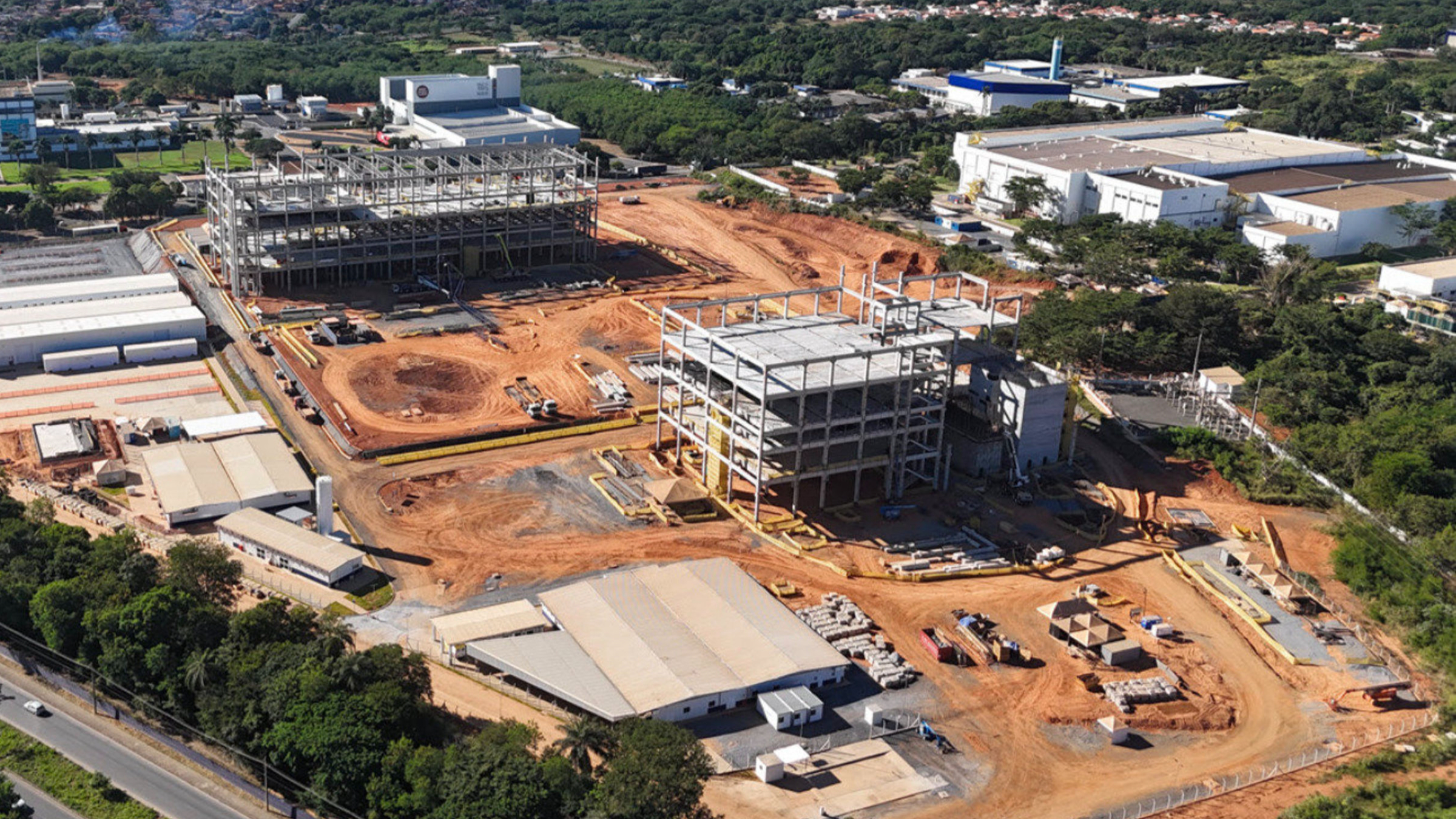Manufacturing's Digital Revolution: Cyber-Physical Systems Set to Explode to $119.4 Billion by 2032
Manufacturing
2025-03-18 17:21:00Content

Cyber-Physical Systems Market in Manufacturing Poised for Explosive Growth
A groundbreaking market research report by Meticulous Research® reveals an extraordinary trajectory for Cyber-Physical Systems (CPS) in the manufacturing sector. The comprehensive study forecasts the market to skyrocket to an impressive $119.4 billion by 2032, signaling a transformative era for industrial technology.
Market Insights and Key Components
The research delves into multiple critical components driving this remarkable growth, including:
- Edge Computing
- Advanced Sensors and Actuators
- Cutting-edge Cyber Security Solutions
- Sophisticated Control and Monitoring Software
Strategic Applications Driving Innovation
Key application areas propelling the CPS market include:
- Smart Factory Implementations
- Predictive Maintenance Technologies
Industry Sectors at the Forefront
Leading end-user industries embracing CPS technologies are:
- Aerospace and Defense
- Automotive Manufacturing
This remarkable forecast underscores the increasing integration of digital technologies with physical systems, promising unprecedented efficiency and innovation in manufacturing.
The Digital Revolution: How Cyber-Physical Systems Are Transforming Manufacturing's Future
In the rapidly evolving landscape of industrial innovation, a groundbreaking technological transformation is reshaping the manufacturing sector. Cyber-Physical Systems (CPS) represent a revolutionary convergence of digital intelligence and physical machinery, promising to redefine how industries operate, optimize, and compete in the 21st century.Unleashing the Power of Intelligent Manufacturing: A Technological Breakthrough
The Emergence of Intelligent Manufacturing Ecosystems
The manufacturing landscape is experiencing an unprecedented metamorphosis driven by the integration of cyber-physical systems. These sophisticated technological frameworks represent more than just a technological upgrade; they constitute a fundamental reimagining of industrial processes. By seamlessly blending computational capabilities with physical infrastructure, manufacturers can now create dynamic, responsive, and incredibly intelligent production environments. Advanced cyber-physical systems enable real-time data collection, analysis, and decision-making processes that were previously inconceivable. Imagine production lines that can self-diagnose potential issues, predict maintenance requirements, and autonomously adjust operational parameters to maximize efficiency and minimize downtime.Edge Computing: The Technological Backbone of Modern Manufacturing
Edge computing has emerged as a critical component in the cyber-physical systems revolution. By processing data closer to its source, manufacturers can dramatically reduce latency, enhance security, and enable more responsive operational strategies. This technological approach allows for instantaneous computational insights, transforming traditional manufacturing models into agile, intelligent ecosystems. The integration of edge computing technologies enables manufacturers to create decentralized computational networks that can rapidly process and respond to complex operational challenges. This represents a paradigm shift from traditional centralized computing models, offering unprecedented flexibility and responsiveness.Sensor and Actuator Technologies: The Sensory Network of Smart Factories
Modern manufacturing is being revolutionized by advanced sensor and actuator technologies that serve as the sensory network of intelligent production environments. These sophisticated devices capture intricate details about machinery performance, environmental conditions, and operational dynamics with remarkable precision. By implementing comprehensive sensor networks, manufacturers can develop predictive maintenance strategies, optimize resource allocation, and create more sustainable production processes. The data generated by these technologies provides unprecedented insights into complex industrial ecosystems, enabling more informed decision-making and strategic planning.Cybersecurity: Protecting the Digital Manufacturing Frontier
As manufacturing becomes increasingly digitized, robust cybersecurity solutions have become paramount. Cyber-physical systems introduce complex interconnected networks that require sophisticated protection mechanisms to safeguard critical infrastructure and sensitive operational data. Advanced cybersecurity strategies now incorporate machine learning algorithms, real-time threat detection, and adaptive security protocols. These innovative approaches ensure that intelligent manufacturing environments remain resilient against evolving digital threats while maintaining operational integrity and confidentiality.The Economic Implications of Cyber-Physical Systems
Market projections suggest that cyber-physical systems in manufacturing could generate an estimated $119.4 billion in economic value by 2032. This substantial figure underscores the transformative potential of these technologies across diverse industrial sectors, including aerospace, defense, automotive, and beyond. The economic impact extends far beyond mere technological implementation. Cyber-physical systems are driving fundamental shifts in productivity, efficiency, and competitive capabilities, enabling organizations to reimagine their operational strategies and create more adaptive, intelligent manufacturing ecosystems.RELATED NEWS

Chip Crisis Deepens: Intel Hits Pause on Massive $28B Manufacturing Venture





